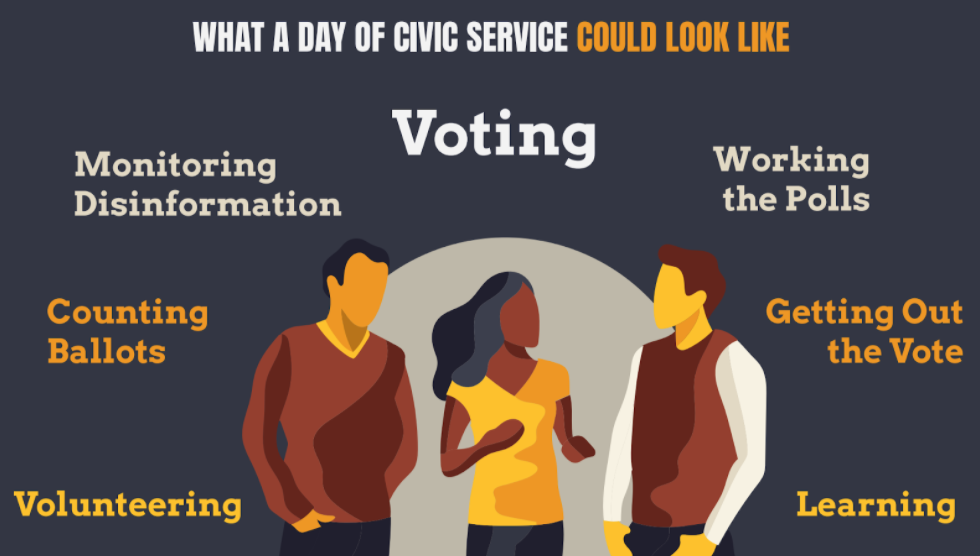After nearly a year of student activism, coupled with long meetings and discussions, the Faculty Senate voted on June 10 to make Election Day an official academic holiday at Stanford.
An Election Day holiday provides faculty, staff and students time to vote and participate in civic activities, according to the bill. The initiative was spearheaded by Sean Casey ’23, the co-director of StanfordVotes, and Undergraduate Senator Jonathan Lipman ’21.
During the Faculty Senate meeting, the Committee of Graduate Studies (C-GS) and Committee of Undergraduate Standards and Policy (C-USP) presented their recommendation for the proposal; 76% of the Faculty Senate voted to approve it, while 16% voted against and 8% abstained.
Passing the resolution to change the academic calendar was not an easy undertaking, involving a lengthy approval process that required the assent of student, faculty and administrative governance bodies, according to Casey and Lipman. The measure’s approval, they said, shows that Stanford values democracy and civic engagement.
Political science and classics professor Josiah Ober, a contributor to the initiative, echoed Casey and Lipman: “If Stanford really values civic engagement and tells us we should care about democracy and care about the kinds of things that democracy supports, they should practice it by making it possible for people to engage in it.”
During previous elections, Casey and Lipman said, Stanford students, faculty and staff were not very involved in civic activities because they were busy with school work and attending classes. They hope the official University holiday can change attitudes around civic engagement.
“We hope it serves as an annual reminder about the requirement of citizenship and what being a good citizen requires,” Lipman said.
During the Faculty Senate vote, several professors raised concerns about the proposal. For instance, one concern was raised about international students, and how they would be included in civic activities.
“We see having international students as a very valuable asset, and the opportunities for cross-culture engagement are huge,” Lipman said of the concern.
Casey added that the University should celebrate Election Day not only as an American-focused holiday, but also as a broader “democracy day intended to be inclusive of political systems around the world, people from all over the world.”
Another concern, raised by political science professor Bruce Cain, was about the frequency and timing of the holiday. The Election Day academic holiday is slated for every year, rather than every two or even every four years. Cain said that many jurisdictions have minor or nonexistent elections in off, odd-numbered years; further, he said, most students, given they live away from home, vote by mail — meaning most voting happens before Election Day.
In response, engineering professor Mark Horowitz said, “From a logistics perspective of faculty schedules and class schedules, it was felt to be better to actually have something so all fall quarters are the same, rather than have fall quarters every other year being different.”
A day off, Casey and Lipman said, is about more than just one day when people cast their vote for a candidate.
“We are really hoping that people take the experiences that they have in college with them,” Lipman said. “And we are hopeful that this carries in all aspects of civic engagement.”
They added that encouraging more civic participation among youth on college campuses could increase the likelihood that these students will continue to be actively engaged in democracy as they grow older.
“Universities and colleges aren’t just there to teach people math, provide classrooms, do homework and take tests,” Casey said. “They are really there to instill values and shape the kind of citizens we are going to be going forward.”
